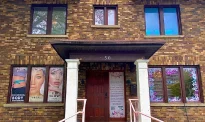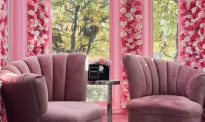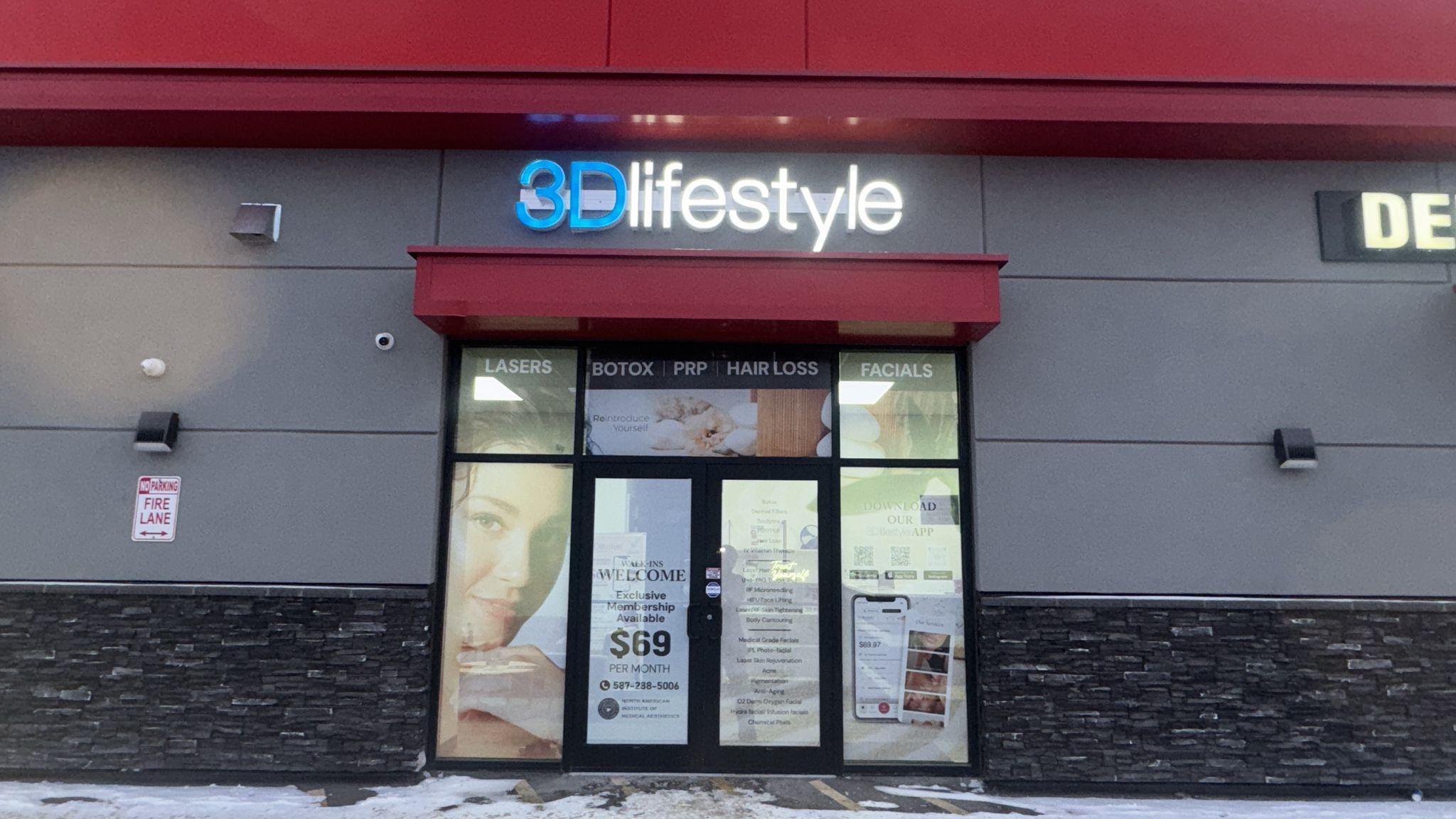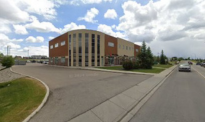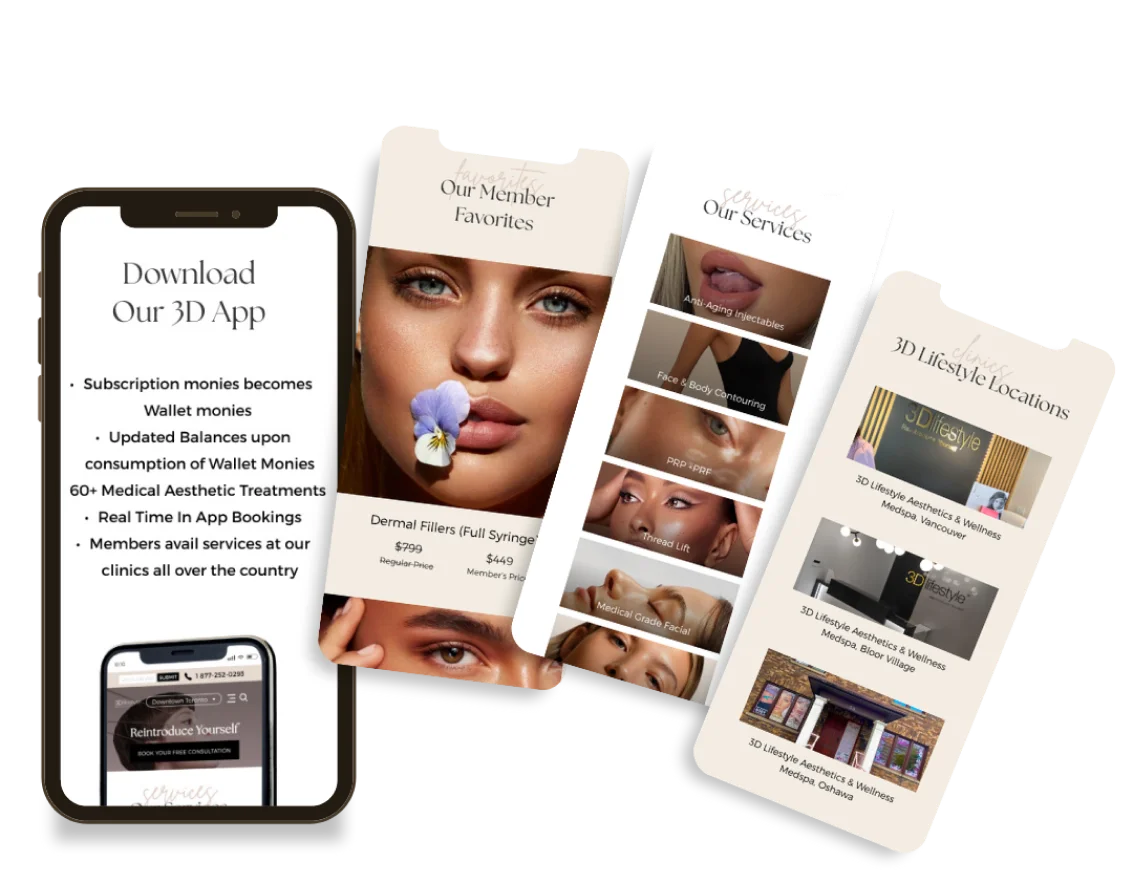Acne Scar Treatment
Home / Services / Led Phototherapy Kitchener / Acne Scar Treatment
Acne Scar Treatment
Acne scars can be a frustrating and persistent problem. Often times, it leaves people feeling self-conscious. While they can’t be completely erased, various treatments can significantly improve their appearance.
Regular Price
$299
Member‘s Price
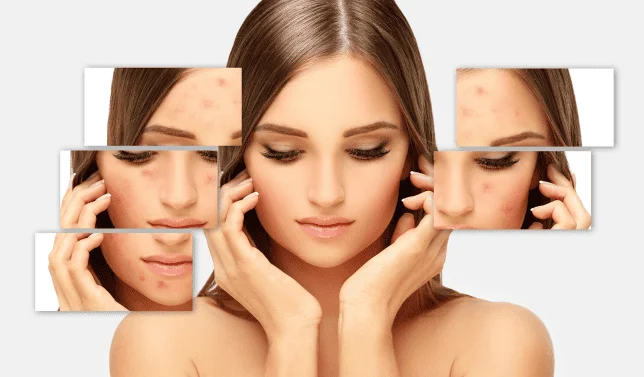
Understanding Acne Scars
Acne scars occur when the skin’s natural healing process is disrupted after a severe acne breakout. The type of scar depends on the severity of the acne and the body’s response to the damage.
- Ice Pick Scars: These are deep, narrow scars that resemble ice pick punctures.
- Boxcar Scars: These are broad, box-shaped scars with sharp edges.
- Rolling Scars: These are shallow, broad scars that cause uneven skin texture.
- Hypertrophic Scars: These are raised, red scars that occur when the body produces excess collagen during the healing process.
- Keloid Scars: These are thick, raised scars that extend beyond the original wound.
Treatment Options for Acne Scars
A variety of treatments can be used to minimize the appearance of acne scars. The most effective approach often involves a combination of treatments designed to the specific type and severity of the scars.
1. Topical Treatments
- Retinoids: These vitamin A derivatives can help to stimulate collagen production and reduce the appearance of scars.
- Alpha Hydroxy Acids (AHAs): AHAs can help to exfoliate the skin and improve skin texture.ibits tyrosinase, an enzyme involved in melanin production. It is usually tolerated well by the body and can help to lighten dark spots.
- Azelaic Acid:This ingredient can help to reduce inflammation and lighten scars.
- Niacinamide: This form of vitamin B3 can help to improve skin texture and reduce redness.
2. In-Office Procedures
- Microneedling: This minimally invasive procedure involves using a device with tiny needles to create controlled injuries in the skin. This stimulates collagen production and can improve the appearance of scars.
- Chemical Peels: Chemical peels use acids to remove the top layers of skin, revealing smoother, younger-looking skin.
- Laser Resurfacing: Laser treatments can help to improve the appearance of scars by removing damaged skin cells and stimulating collagen production.
- Dermal Fillers: Fillers can be injected into scars to elevate depressed areas and improve the overall skin texture.
3. At-Home Care
- Gentle Cleansing: Use a gentle cleanser to avoid irritating the skin.
- Moisturizing: Keep the skin hydrated with a gentle moisturizer.
- Sunscreen: Protect the skin from sun damage, which can worsen scars.
Choosing the Right Treatment
The best treatment for acne scars will depend on the type of scar, the severity of the scarring, and your skin type. It’s important to consult with a dermatologist to discuss your options and develop a personalized treatment plan.
While acne scars can be stubborn, with consistent treatment and patience, you can significantly improve their appearance and boost your self-confidence.
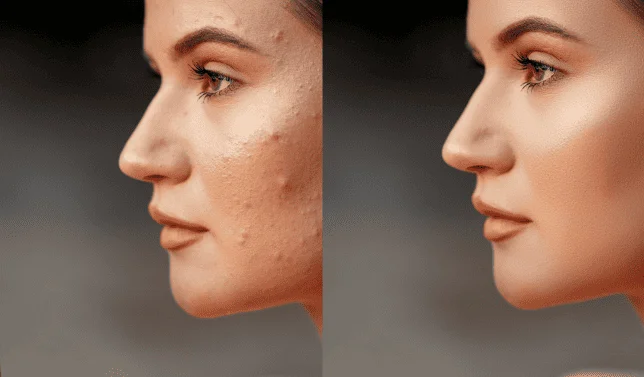
Find out more about what to expect before and after the treatment?

Find out more about what to expect before and after the treatment?
Frequently Asked Questions
How effective are these treatments?
Results vary based on scar type, skin type, and individual response. Usually, chemical peels improve mild scars, and microneedling offers 40% results, but with multiple sessions, laser treatments are the most effective, with 75% positive results, and dermal fillers are temporary and last around a year.
How many sessions are needed to see results?
Chemical peels require 6 sessions, microneedling 5 sessions (a month apart), laser therapy 3 sessions, and dermal fillers one session.
.
Is there any downtime after treatment?
Every treatment has downtime, with chemical peels and microneedling requiring just 2 days, laser therapy 7 days, and dermal fillers almost immediately.
Can at-home treatments be effective for acne scars?
At-home treatments might be effective for mild acne scars. Some options include chemical exfoliants like AHAs and BHAs, topical retinoids, and Vitamin C serums.
What should I do to care for my skin after treatment?
Avoid sun exposure, moisturize, avoid scrubs at least a week after the treatment, and follow your dermatologist’s advice.
Can acne scars go away on their own?
With proper skincare routines, post-inflammatory hyperpigmentation and minor scars will eventually disappear. However, to lessen their appearance further, seek advanced therapy.
What Our Members Are Saying
“
Amazing service — my injector was very attentive and knowledgeable. Definitely went over and above to ensure that I was satisfied with results (follow up appointment). I will definitely be making this my regular clinic for Botox and filler treatments.
Stephanie Werner
“
I have been twice for botox and will keep coming back. The staff is friendly and the treatment is well priced. I have been happy with how the botox has worked. I recommend getting the membership if you want to do multiple treatments.
Michelle Montero
“
Lovely knowledgeable fair. The place is very clean. The services are lovely and I like that they give me back ground information about my treatments. The membership is worth every penny.
Marwyn Christie


